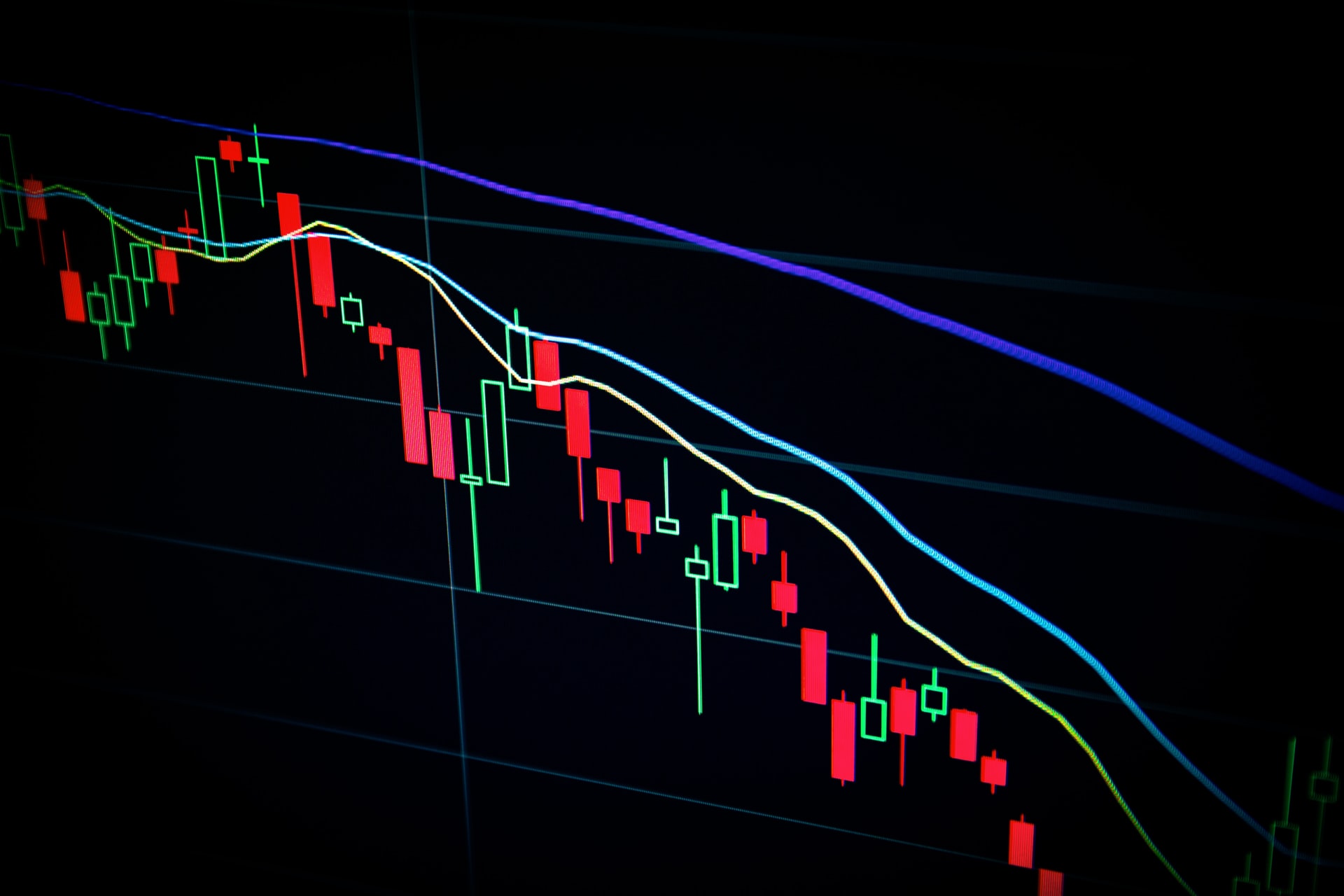Trading activity in the Southern European rebar market remained sluggish in the week to Wednesday September 14 due to weak demand, competitive import prices and a continued wait-and-see attitude among buyers, market sources told Fastmarkets.
Producers have been raising prices since July to manage surging energy prices. The market has accepted these prices up till now; however, the extent to which customers will continue to absorb price rises remains to be seen.
With end-user consumption severely reduced due to construction projects being cancelled or postponed, customers are unlikely to continue accepting surging prices, Fastmarkets heard.
While some mills are selling at discounts to offload stock, other mills are cutting production. It remains to be seen how and when the impact of these production cuts will be reflected in prices.
Italy
The price of rebar in Italy remained largely stable this past week, with some sources forecasting prices will drop in the coming weeks.
Fastmarkets’ weekly price assessment for steel reinforcing bar (rebar) domestic, exw Italy was €980-1,020 ($987-1,027) per tonne on Wednesday, narrowing upward by €5 per tonne from €975-1,020 per tonne on September 7.
Rising prices combined with slow demand continued to create uncertainty among buyers.
“Demand is very low these days. We had better demand at the end of August and at the beginning of September. Since then, customers have stopped buying. Customers are waiting to understand what trend the price will go in over the next few weeks,” a market source in Italy told Fastmarkets.
While some market participants think prices could continue to rise, others think a decline is on the horizon.
A producer source told Fastmarkets that it has become difficult for mills to manage the volatility of ever-changing energy prices.
“It is a very difficult period for producers to manage energy costs. For two days, for example, energy costs could explode. The next two days they could drop again, before surging again,” the producer source said.
“Mills will stop production during peak hours, for example during the times of 7:00-10:30 pm, in order to manage costs,” the source added.
A significantly reduced export market combined with competitive imports have been a drag on demand for domestic material, Fastmarkets heard.
Other countries have access to much cheaper energy, sources said. This means they can offer reduced rates compared to domestically produced material.
Protectionist duties as well as increased domestic production of long steel products in countries like Algeria and Canada have led to severe reduction in export market over the last few years, Fastmarkets heard.
Spain
In the Spanish rebar market, prices have remained stable amid low trading activity, Fastmarkets heard.
Fastmarkets’ weekly price assessment for steel reinforcing bar (rebar), domestic, delivered, Spain was €980-1,000 per tonne on Wednesday, unchanged from September 7.
Similar to other producers across Europe, Spanish mills are raising their prices to manage the energy crisis, Fastmarkets heard.
But low demand and high input costs have resulted in a stand-off between buyers and mills.
“Producers keep targeting increasing prices to manage energy costs, but it appears the market isn’t able to accept higher price,” a source in the region said.
While some buyers seen the price increasing over the next few weeks, others see the price dropping due to low demand.
International scrap prices jumped in July and early August but have dropped since late August. These price drops are not enough to compensate for rising energy costs, Fastmarkets heard.
Fastmarkets’ daily calculation of the index for steel scrap, HMS 1&2 (80:20 mix), North Europe origin, cfr Turkey, was €346.43 per tonne on Wednesday, down from $363.16 per tonne a week earlier.
Published by: India-Inés Levy






